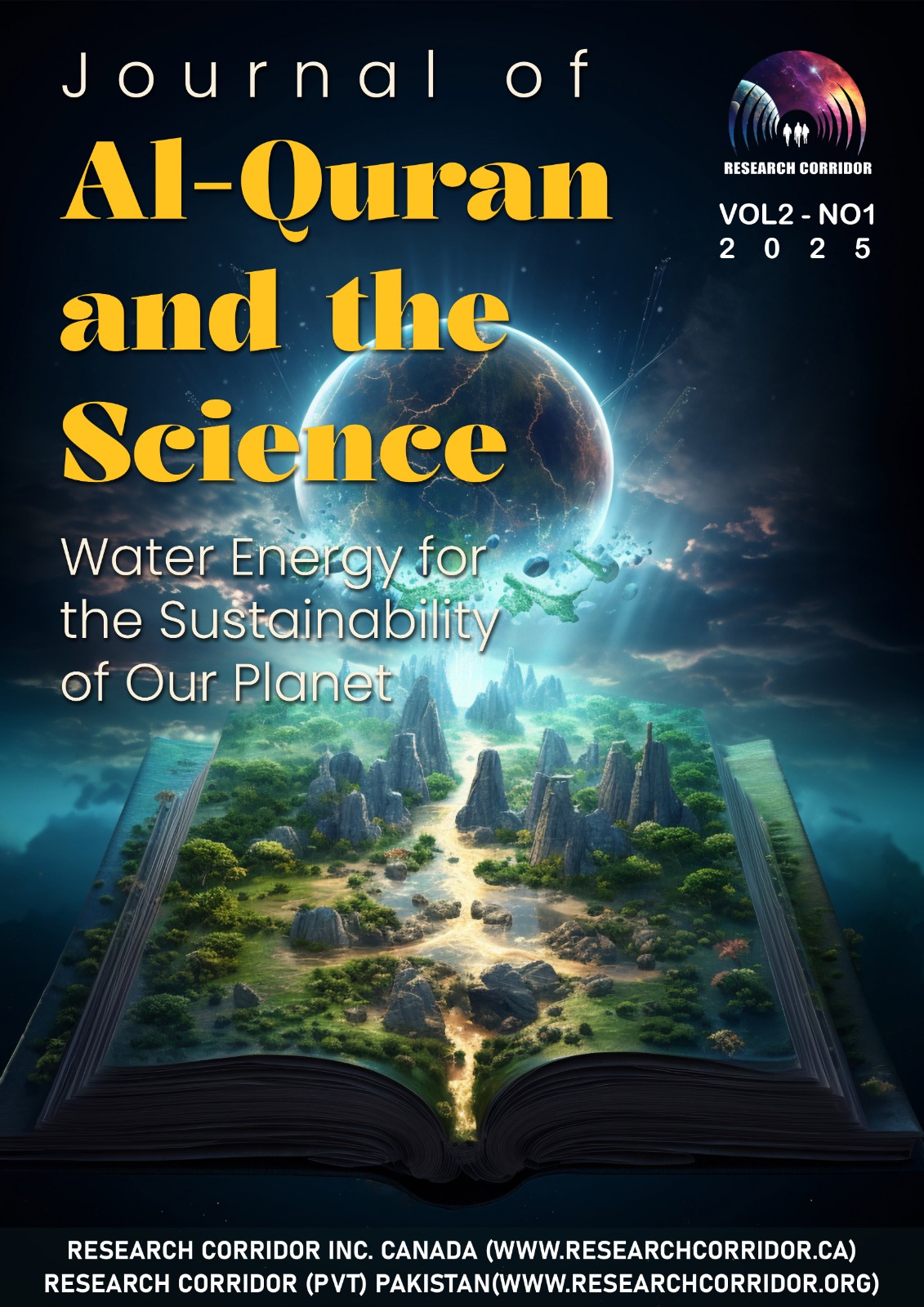The Quranic Perspective on Natural Resource Management and Its Implications for Sustainable Development
Parole chiave:
Quranic perspective, natural resource management, sustainable development, environmental stewardship, moderation, balance, tawhid, wastefulness, justice, equity, spiritual ethics.Abstract
The Quran, as a divine guide for humanity, provides a comprehensive framework for the ethical and sustainable management of natural resources. This paper explores the Quranic perspective on natural resource management and its implications for sustainable development. The Quran emphasizes the interconnection between humans and the environment, asserting that natural resources are blessings from Allah, entrusted to humans for responsible stewardship. The Quranic teachings advocate for moderation, balance, and the prevention of wastefulness in resource usage, emphasizing that over-exploitation and environmental degradation are prohibited. The concept of tawhid (oneness) in the Quran further underscores the idea that all resources belong to Allah, and humans must utilize them in a way that ensures the welfare of future generations. The paper also examines how these teachings align with modern sustainable development principles, offering insights for addressing contemporary environmental challenges. It argues that integrating Quranic values into current environmental policies and practices can provide a holistic approach to sustainable development, fostering a deeper sense of responsibility towards nature. By analyzing the Quranic principles of justice, equity, and stewardship, the paper highlights their relevance in promoting an eco-friendly and socially just development model. Ultimately, the Quranic perspective offers a unique, spiritually grounded approach to environmental sustainability that can contribute to global efforts in achieving sustainable development goals.





